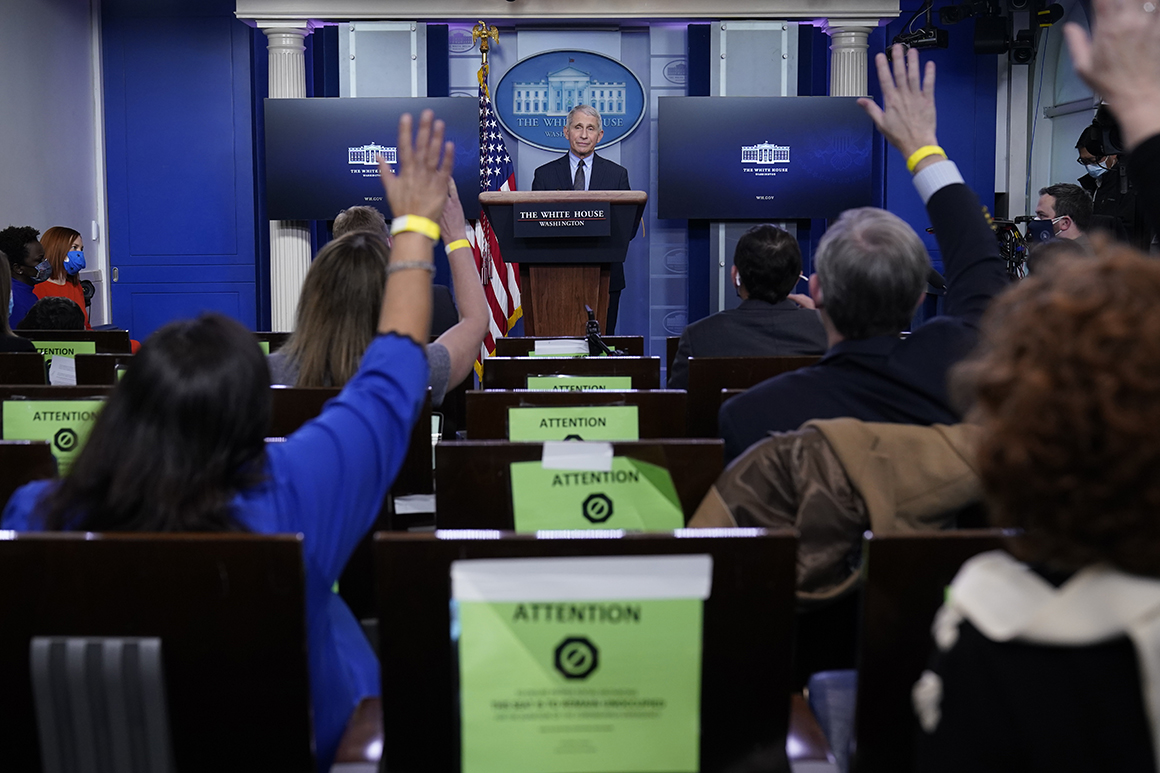The Trump administration is systematically dismantling public access to government records, leaving citizens in the dark about critical issues that affect their lives.
Government Transparency Eroded
The Freedom of Information Act (FOIA), a cornerstone of American democracy designed to ensure transparency, is facing unprecedented challenges under the current administration. Reports indicate that response rates have plummeted dramatically, with full releases of records dropping from 38% in 2011 to a mere 12% in 2024. This alarming trend highlights a broader issue regarding government accountability and public trust, particularly as the Trump administration promotes itself as the "most transparent" in history. As reported by Government Executive, the reality is starkly different.
Public Records Requests Delayed for Months
Investigative journalists, researchers, and everyday citizens alike are encountering unprecedented delays when filing FOIA requests. David Cuillier, an expert on public records laws, describes the current system as a "tar pit" where requests get stuck indefinitely. The average response time for records has nearly doubled, from 24 to 44 days, with many requests languishing for months without acknowledgment. According to Oversight Democrats, this trend is exacerbated by staffing cuts and a lack of resources within federal agencies, resulting in inadequate responses to requests that are essential for public knowledge.

Freedom of information, opinion and expression | Australian ...
Impact on Climate Justice and Environmental Policies
The implications of this lack of transparency are particularly dire for environmental justice. Without access to governmental records, communities most affected by environmental degradation and climate change are left powerless to advocate for their rights. This lack of information hinders efforts to hold polluters accountable and to push for sustainable policies that prioritize the health of marginalized communities. As reported by Oversight Democrats, the erosion of FOIA is not merely an issue of bureaucratic inefficiency; it actively undermines the fight for environmental justice.
Judicial System as Last Resort
For many seeking records, the only option now is to pursue litigation against the government, a process that can be prohibitively expensive and time-consuming. This creates a significant barrier for everyday citizens and organizations without the financial means to take legal action. As highlighted in recent reports, the courts remain one of the few places where Americans can still obtain the information they are entitled to under FOIA, but this access is increasingly limited to those with sufficient resources. Lauren Harper from the Freedom of the Press Foundation notes that FOIA is "certainly on life support," indicating a need for immediate reform to restore public access to information.

White House briefing room to return to full, pre-pandemic seating ...
Call for Legislative Action
As the Trump administration continues its assault on transparency, Congress must act to protect the rights of citizens to access public information. Recent resolutions, such as the one introduced by Congressman Marc Veasey, demand the full release of records related to significant cases like Jeffrey Epstein"s. These efforts are crucial in asserting Congress"s authority to oversee government actions and ensure that the public remains informed about issues that matter. The growing public outcry for accountability reflects a broader demand for a government that operates with the consent of the governed.

![[Video] Anti-ICE Protester Pepper Sprayed as CBP Agents Disperse Crowd in Minneapolis](/_next/image?url=%2Fapi%2Fimage%2Fthumbnails%2Fthumbnail-1768260677127-y71sb7-thumbnail.jpg&w=3840&q=75)

![[Video] Several injured as U-Haul truck drives through Iranian protestors in Los Angeles](/_next/image?url=%2Fapi%2Fimage%2Fthumbnails%2Fthumbnail-1768176682028-q95y6j-thumbnail.jpg&w=3840&q=75)
![[Video] Scuffle breaks out between Trump supporters and Anti-ICE protesters in Times Square](/_next/image?url=%2Fapi%2Fimage%2Fthumbnails%2Fthumbnail-1768165958203-hgcgb-thumbnail.jpg&w=3840&q=75)


![[Video] Gunfire between Iraqi security forces and Sadr militias in Baghdad](/_next/image?url=%2Fapi%2Fimage%2Fthumbnails%2Fthumbnail-1768343508874-4redb-thumbnail.jpg&w=3840&q=75)
